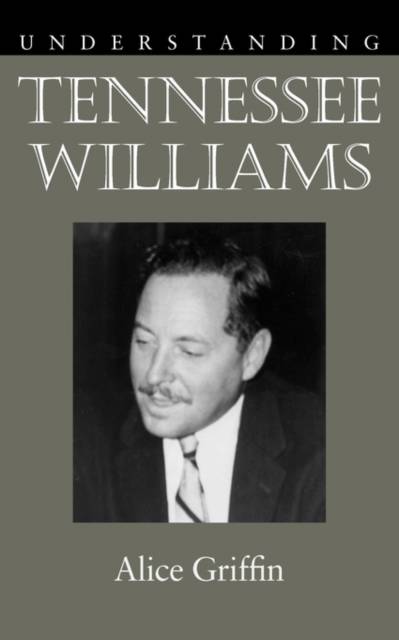
- Retrait gratuit dans votre magasin Club
- 7.000.000 titres dans notre catalogue
- Payer en toute sécurité
- Toujours un magasin près de chez vous
- Retrait gratuit dans votre magasin Club
- 7.000.0000 titres dans notre catalogue
- Payer en toute sécurité
- Toujours un magasin près de chez vous
Description
Alice Griffin offers an in-depth evaluation of the nine plays that established Tennessee Williams as America's greatest lyric dramatist. Describing Williams as the first playwright writing in English to combine full-blooded characters, theatricalism, and poetic dialogue, Griffin analyzes the language, characters, dramatic effects, and staging of his classic plays and calls attention to Williams's unique gift for creating dialogue as lyrical poetry yet as authentic as everyday conversation. She reveals the importance of symbolism in his work, uncovers his often overlooked humor, and explains his insistence on "plastic" presentations. Griffin also chronicles the resistance that Williams met when he tried to bring his revolutionary staging ideas to the commercial theater.
Spécifications
Parties prenantes
- Auteur(s) :
- Editeur:
Contenu
- Nombre de pages :
- 266
- Langue:
- Anglais
- Collection :
Caractéristiques
- EAN:
- 9781611170061
- Date de parution :
- 01-02-11
- Format:
- Livre broché
- Format numérique:
- Trade paperback (VS)
- Dimensions :
- 127 mm x 203 mm
- Poids :
- 312 g

Les avis
Nous publions uniquement les avis qui respectent les conditions requises. Consultez nos conditions pour les avis.






